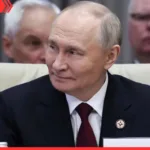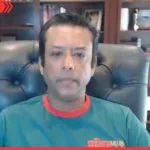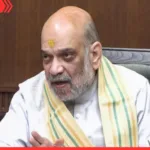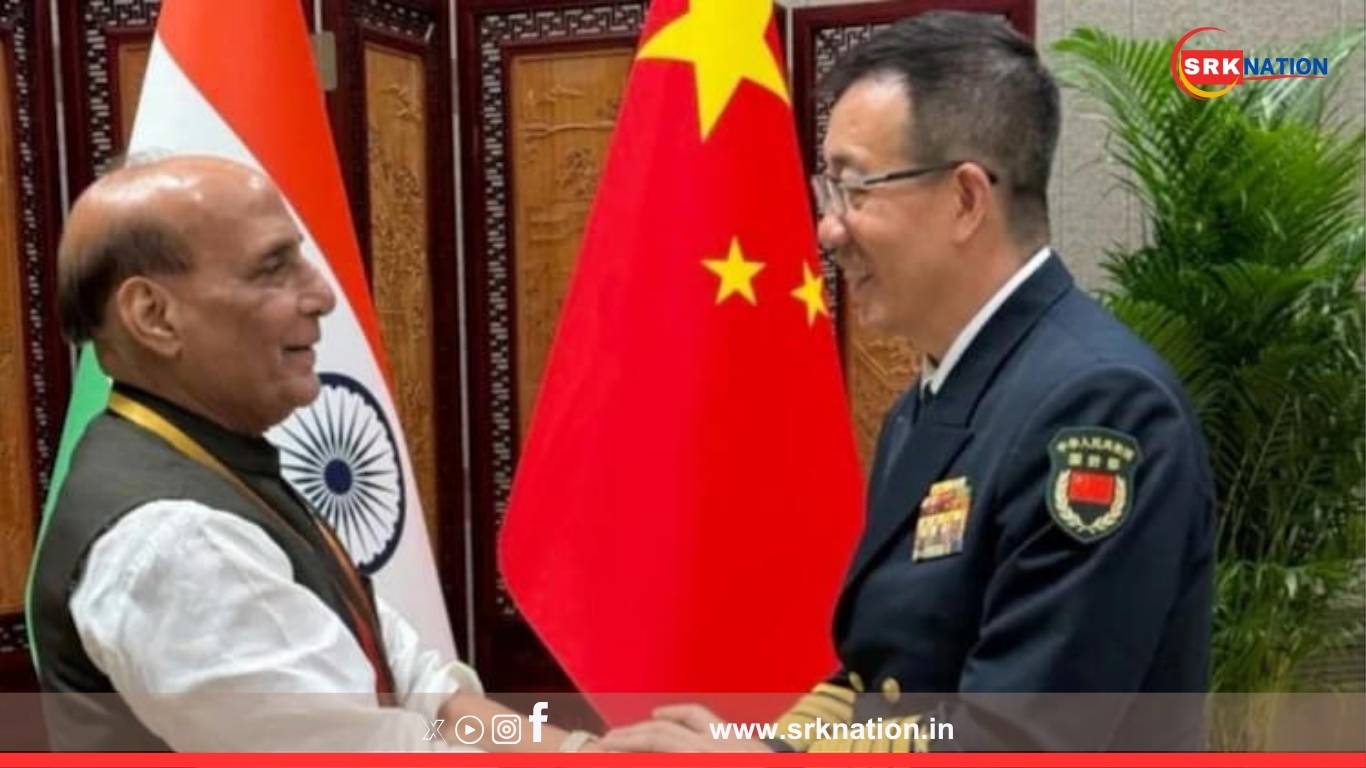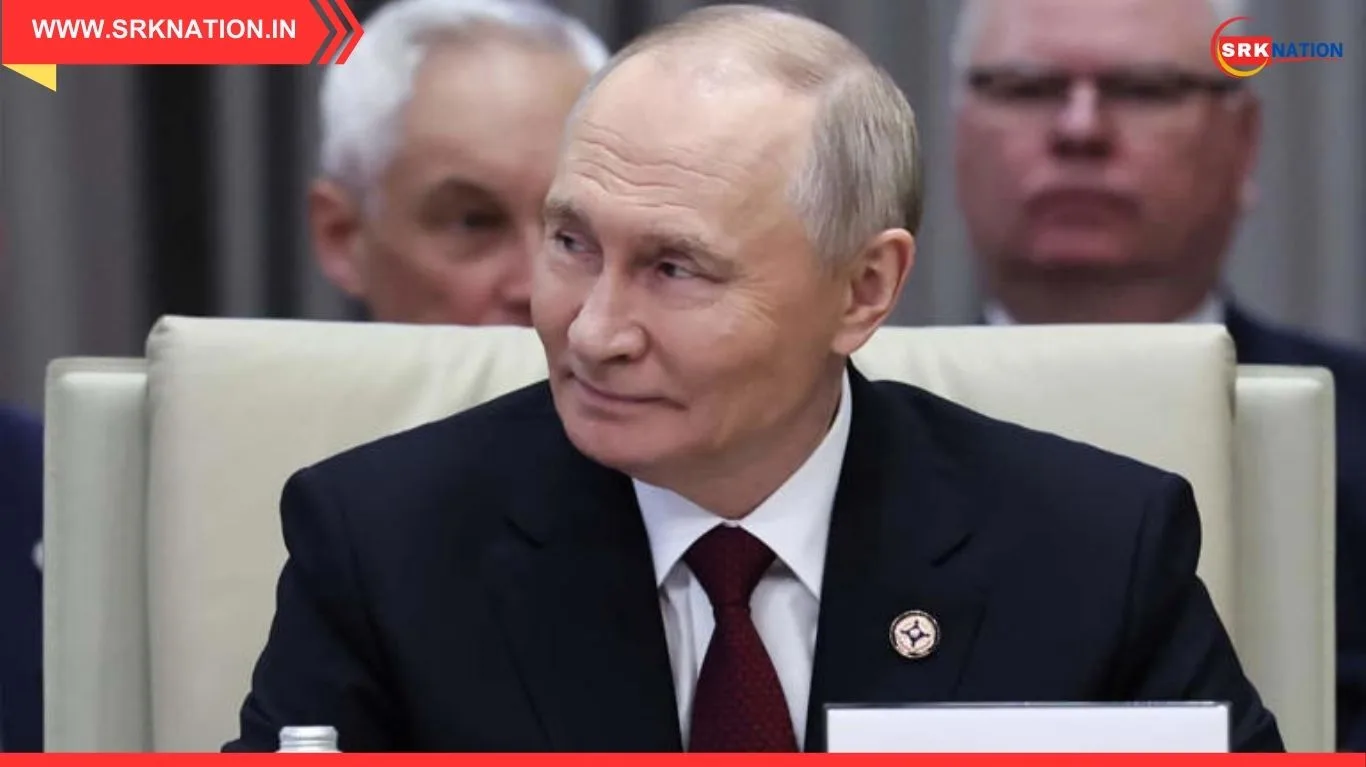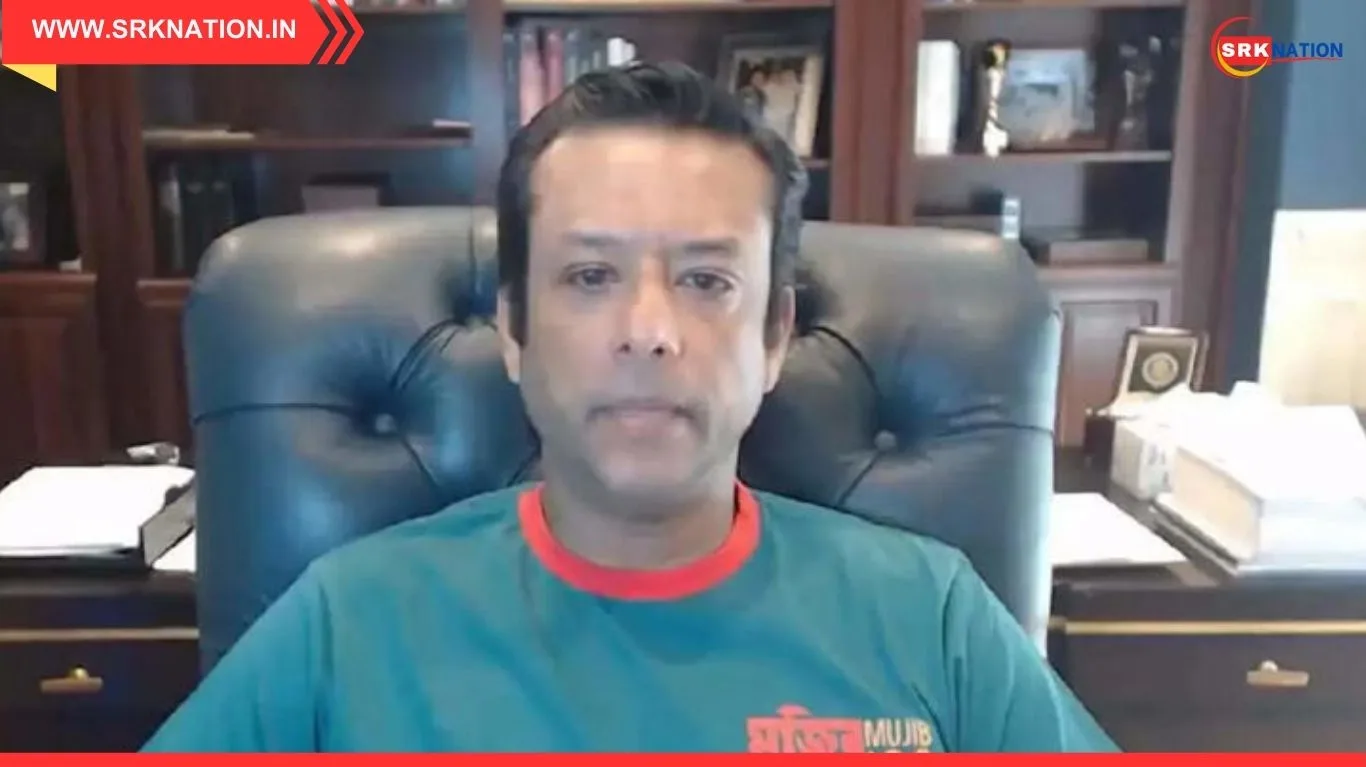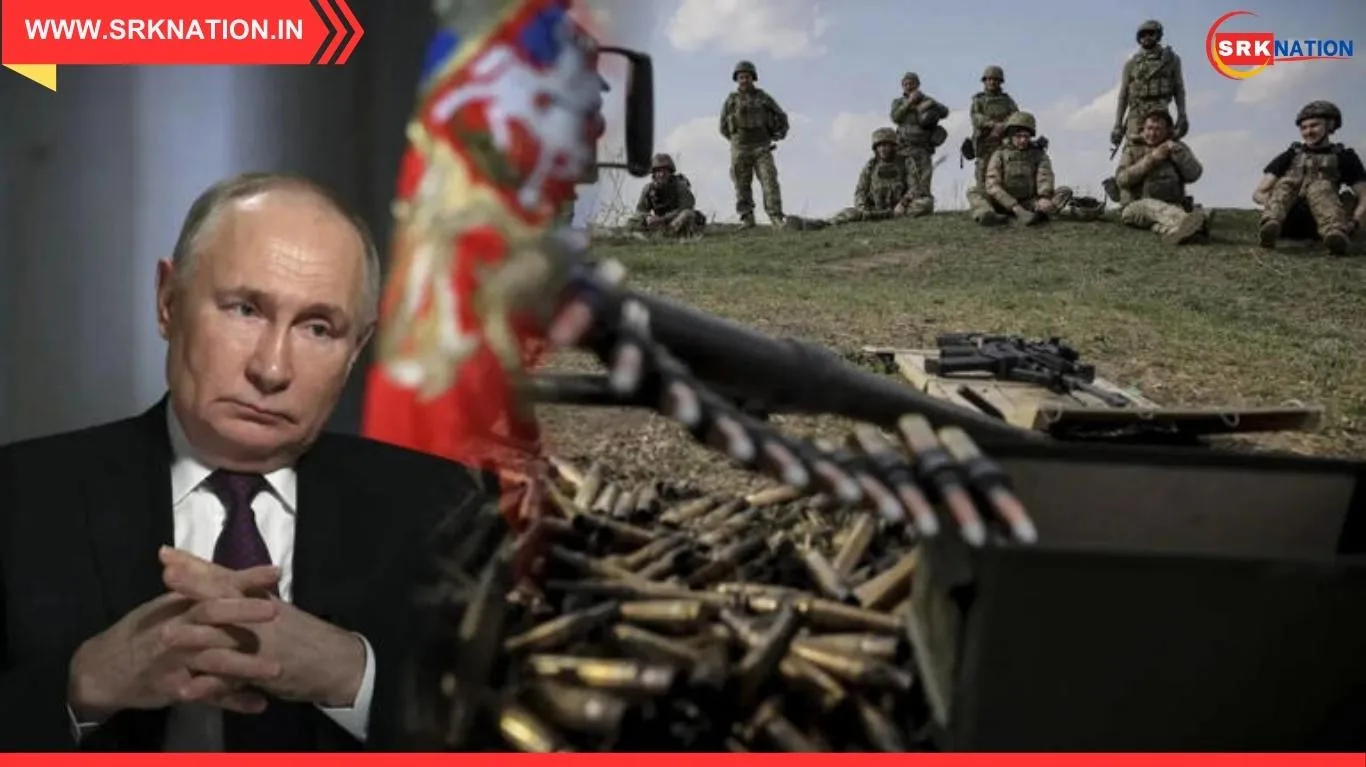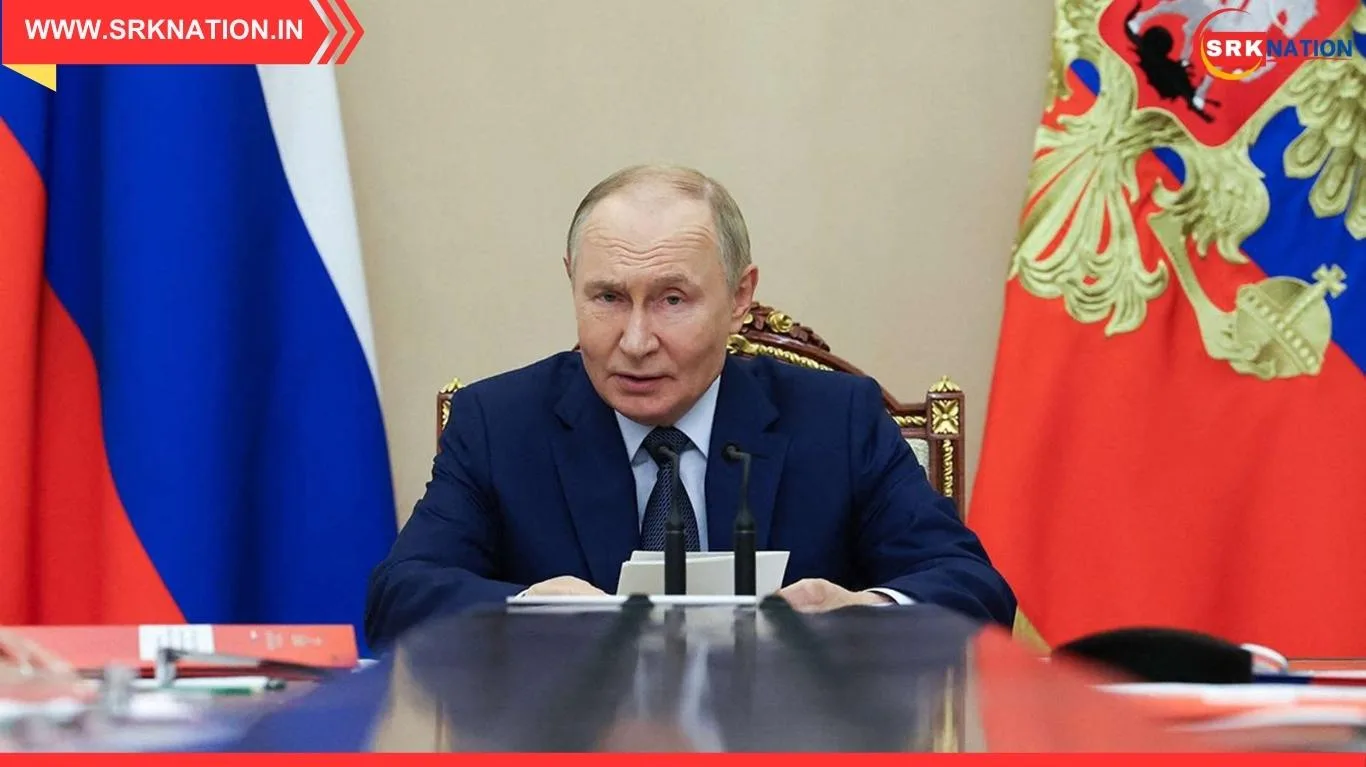In a significant diplomatic development, India has called for a “permanent solution” to its decades-old border dispute with China, emphasizing that resolving the issue is essential for regional and global stability. The statement was made by Defence Minister Rajnath Singh during a bilateral meeting with his Chinese counterpart Admiral Dong Jun on the sidelines of the Shanghai Cooperation Organisation (SCO) Defence Ministers’ Summit in Qingdao.
🗺️ From “Early Resolution” to “Permanent Solution”
Marking a shift in diplomatic tone, Singh moved beyond India’s earlier stance of seeking an “early resolution” and instead stressed the need for a structured roadmap to achieve border demarcation and long-term peace.
“He emphasized the need to create good neighbourly conditions to achieve best mutual benefits as well as to cooperate for stability in Asia and the world,” the Defence Ministry said.
Singh also called for rejuvenating existing mechanisms to manage the border and bridge the trust deficit that widened after the 2020 Galwan Valley clash, which claimed the lives of 20 Indian and 4 Chinese soldiers.
🧭 Key Discussion Points
- Border Management: Singh urged for a revival of the established mechanisms to address disengagement, de-escalation, and eventual delimitation
- Trust Rebuilding: Emphasis on confidence-building measures post-Galwan standoff
- Regional Stability: India linked the resolution of the dispute to broader Asian peace and cooperation
The two sides agreed to continue consultations at multiple levels, including military and diplomatic channels, to make progress on the issue.
🧱 Background: A Longstanding Dispute
India and China share a 3,488-km undemarcated Himalayan border, known as the Line of Actual Control (LAC). The two nations fought a war in 1962 and have since experienced periodic standoffs, the most recent being the four-year military buildup following the Galwan clash.
While tensions eased after a mutual step-back agreement in October 2024, full normalization remains elusive.
✈️ Signs of Thaw
Despite the friction, both nations have taken steps to reset ties:
- Agreement to resume direct flights suspended since 2020
- Enhanced communication channels between military and diplomatic corps
- Continued engagement through SCO and BRICS platforms
Stay tuned for developments on India-China border negotiations.



